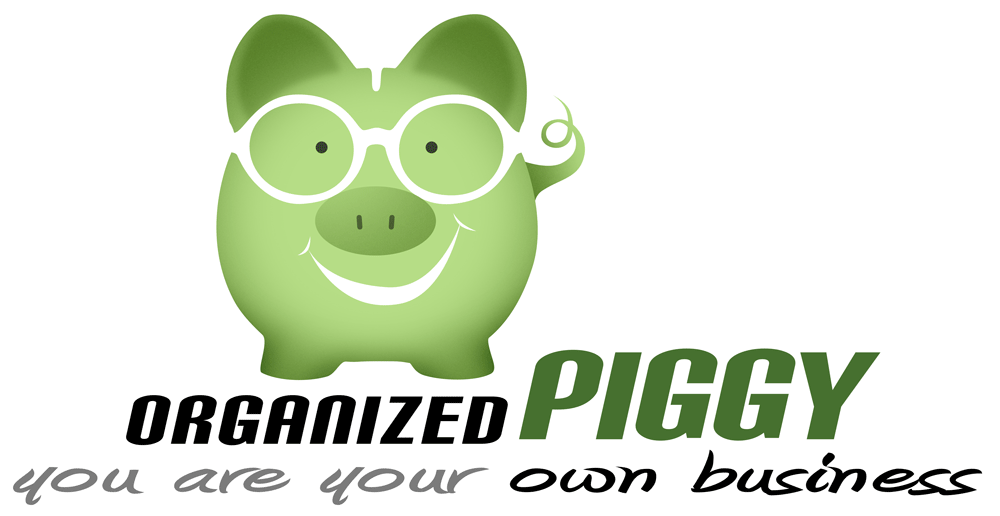The Perils of Using a Spreadsheet for Your Business Accounting

Being an accountant, I naturally love spreadsheets. They’re extremely useful for sorting, analyzing, and presenting financial information that is past the reporting capability of accounting software. But when it comes to using a spreadsheet AS the accounting software, I can’t get on board.
One of the main purposes of accounting is to summarize, analyze, and interpret financial information. It’s supposed to tell you a story about your business and help you make educated decisions. Inaccurate financial data, however, will lead you to inaccurate conclusions. Those inaccurate conclusions will lead to bad decisions.
Let’s get back to spreadsheets. Almost 90% of spreadsheets have errors. This conclusion came from a study conducted several years ago (see study HERE). Although the information might be a bit dated, one thing will remain constant – human error. And, the majority of spreadsheet errors are caused by just that.
I can personally attest to this. I’ve worked with a handful of clients who were initially using a spreadsheet to maintain and track their accounting. I’ve heard statements like, “I know for a fact my spreadsheet is 100% correct” and “I am very diligent with my spreadsheet. There’s no mistakes.” In every case, there were mistakes and in every case, the client was surprised. The other issue I saw with these spreadsheets was that there was no easy way to generate a proper profit and loss statement, balance sheet, or statement of cash flows.
These errors weren’t due to lack of diligence or savvy. We’re human. We make mistakes. All it takes is one wrong keystroke and a formula is shot or a number is transposed. Things can get entered twice or…not at all. And, as a business grows, that spreadsheet will become bigger, more complex, more time-consuming, and harder to manage.
The best way to combat the human element and make the process more efficient is to use accounting software. There are safeguards in place to ensure accuracy. For example, performing a formal bank statement reconciliation every month verifies that transactions weren’t duplicated or omitted. You can quickly generate financial statements and review the reasonableness of expenses, making sure something didn’t get misclassified. It also makes preparing your tax return a breeze.
Cost shouldn’t be a factor either. There are so many software choices out there, many at reasonable prices. Some are even free! You won’t break the bank.
Finally, using accounting software will save you time and money. It might seem more expensive at first to implement it into your business, but you have to put value on your time and peace of mind. I can also say with great confidence that the price of the software will be cheaper than a bad business decision made using bad information.
Ditch the spreadsheet. You’ll be glad you did.
